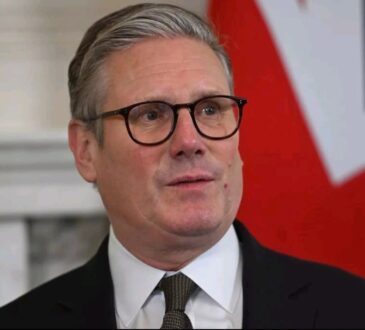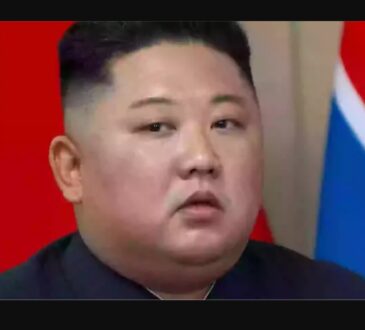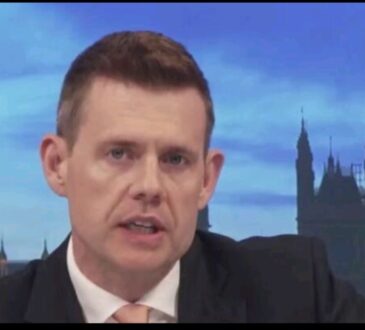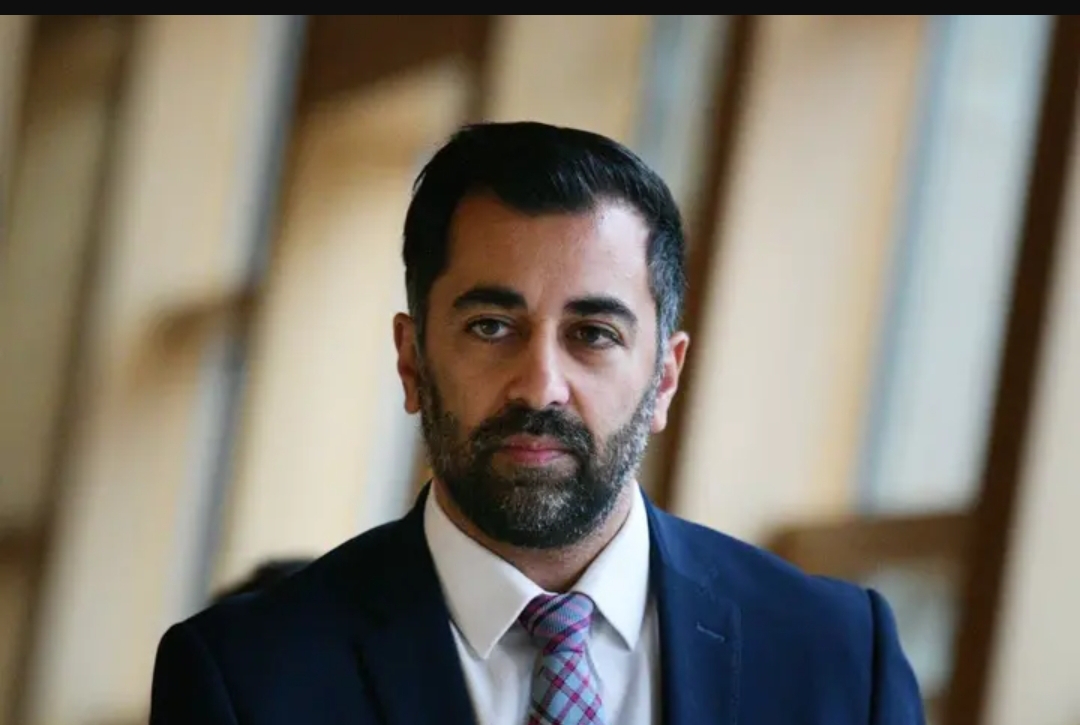
The leader of the Scottish National Party (SNP) and the first minister of Scotland, Humza Yousaf, has unveiled his strategy for achieving independence from the United Kingdom (UK) and joining the European Union (EU) as a sovereign member state. He shared his plan with the delegates at the SNP’s annual conference in Aberdeen, where he received a warm applause and a standing ovation.
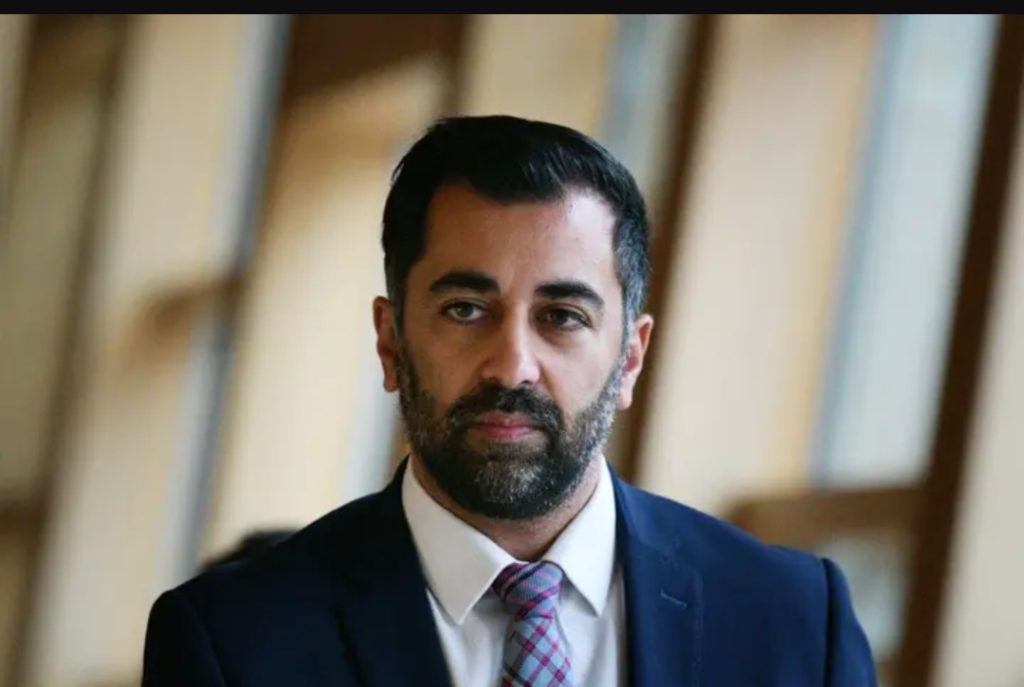
According to a report by Express, his plan involves using the next UK general election, which is likely to take place next year, as a platform to seek a clear mandate for independence negotiations with the UK government. He also outlined his vision for drafting a written constitution for Scotland and applying for EU membership as soon as possible after independence.
The SNP leader stated that the party’s manifesto for the next UK general election would make it clear that a vote for the SNP would be a vote for Scotland to become an independent country.
He said that the manifesto would have this statement on the first page and the first line, leaving no room for ambiguity or doubt. He said that if the SNP wins a majority of Scottish seats in the UK Parliament, which are currently 29 out of 57, it will demand the transfer of powers from Westminster to Holyrood to hold a second referendum on independence.
Alternatively, he said that the SNP will consider using the 2026 Scottish Parliament election as a de facto referendum on independence, if Westminster refuses to cooperate.
Mr Yousaf said that the SNP would prepare for independence by publishing detailed conditions of negotiations with the UK government, including draft legal text on the transfer of powers. He also said that the Scottish government would conduct a nationwide consultation on a draft interim constitution, which would be the founding document of an independent Scotland.
Moreover, he said that the SNP would work on plans to rejoin the EU as soon as possible after independence, as Scotland voted overwhelmingly to remain in the EU in the 2016 referendum.
The first minister argued that Scotland had the right to choose its own future and that the UK government had no moral or democratic authority to deny it. He urged his party to unite behind his strategy and to work hard to deliver a better future for Scotland.
However, his plan has faced criticism from various quarters, including his former mentor and rival, Alex Salmond, the leader of the Alba Party and the former first minister and SNP leader. Mr Salmond dismissed Mr Yousaf’s plan as “not credible” and “devastatingly silent” on how to persuade Westminster to agree to independence talks.
He said that the SNP had failed to secure a referendum despite winning a majority of seats in several previous elections. He also said that the votes for all independence parties should count towards a mandate for independence negotiations.
The Scottish Conservatives, the main opposition party in Scotland, also attacked Mr Yousaf’s plan as “extreme” and “deeply unpopular”. They said that Mr Yousaf was “hellbent” on pushing for a “de facto referendum” that would distract from the recovery from the Covid-19 pandemic and the economic challenges facing Scotland. They said that Scotland would be better off staying in the UK, “the most successful union of countries in the world”.
The Scottish Liberal Democrats, another opposition party in Scotland, also criticised Mr Yousaf’s plan as “crackpot” and “inventive”. They said that Mr Yousaf had “lost the plot” and that he wanted to break up the UK with a fraction of the vote. They said that Scotland had already decided to remain in the UK in the 2014 referendum, which was described as a “once in a generation” event.
The UK government, led by Prime Minister Rishi Sunak, has also reiterated its opposition to a second referendum on Scottish independence. A spokesperson for the UK government said that this was “not the time” to be discussing “distracting constitutional change”. They said that the UK government was focused on delivering for the people of Scotland and the whole of the UK.
Mr Yousaf’s plan has also raised questions about Scotland’s relationship with the EU, which it left along with the rest of the UK in 2020. The SNP leader has said that he wants Scotland to rejoin the EU as an independent member state, but he has not specified how long this process would take or what terms Scotland would have to accept.
Some critics have said that Scotland would have to adopt the euro, the common currency of the EU, and accept the free movement of people, goods, services and capital within the EU. They have also said that Scotland would be “surrendering sovereignty” to Brussels instead of London.
Mr Yousaf has dismissed these criticisms as “scaremongering” and “misleading”. He has said that Scotland would benefit from being part of the EU, which he described as a “family of nations” that share common values and interests.
He has said that Scotland would have a stronger voice and influence in the EU than in the UK, and that it would enjoy the advantages of the single market and the customs union. He has also said that Scotland would retain its own currency, the pound sterling, and that it would negotiate its own terms of membership with the EU.

